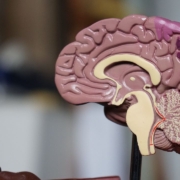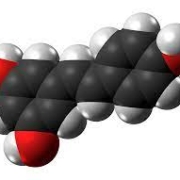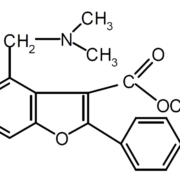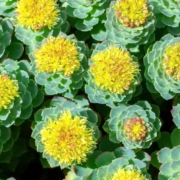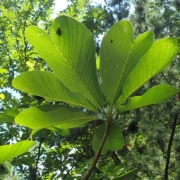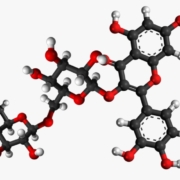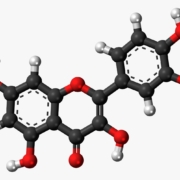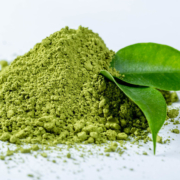HOW RESVERATROL MAY BENEFIT BRAIN HEALTH AND MEMORY
How Resveratrol May Benefit Brain Health and Memory ? Introduction: Maintaining good brain health and memory is important for overall well-being. One natural compound that has gained attention for its potential benefits in this area is resveratrol. Found in certain foods and supplements, resveratrol is a polyphenol that have various health-promoting properties. In this blog, we’ll explore the potential benefits of resveratrol for brain health and memory.
HOW DOES RESVERATROL BENEFIT BRAIN HEALTH AND MEMORY
Resveratrol have several potential benefits for brain health and memory. Some of the ways in which it may benefit the brain include:
- Protecting brain cells: Resveratrol have antioxidant and anti-inflammatory properties that may help protect brain cells from damage caused by free radicals and inflammation.
- Improving blood flow: Resveratrol may help improve blood flow to the brain, which can improve cognitive function and memory.
- Promoting neuroplasticity: Resveratrol promote neuroplasticity, which is the brain’s ability to form new connections and adapt to changes.
- Preventing age-related decline: Resveratrol may help prevent age-related decline in cognitive function
- And memory by protecting the brain from oxidative stress and inflammation.
- Potential for reducing the risk of neurodegenerative diseases:
- At the same time resveratrol have potential for reducing the risk of neurodegenerative diseases such as
- Alzheimer’s and Parkinson’s disease by protecting the brain from damage and promoting neuroplasticity.
CERTAINLY! HERE ARE SOME ADDITIONAL PIECES OF INFORMATION ABOUT RESVERATROL THAT YOU MAY FIND INTERESTING
- Resveratrol has potential anti-aging effects: Resveratrol activate certain enzymes that are involve in DNA repair and cellular survival pathways. This has led to suggestions that resveratrol may have anti-aging effects by promoting longevity and reducing age-related diseases.
- Resveratrol may benefit cardiovascular health: Resveratrol have several potential benefits for
- Cardiovascular health, including improving blood pressure, reducing cholesterol levels, and reducing inflammation. These effects may help reduce the risk of heart disease.
- The amount of resveratrol in food varies widely: The amount of resveratrol in foods can vary widely depending on several factors,
- Such as the type of plant, the growing conditions, and the processing method.
- For example, red wine and grapes from cooler regions tend to have higher levels of resveratrol than those from warmer regions.
- Resveratrol supplements may not be well absorb: While resveratrol supplements are available, it’s important to note that the absorption and bioavailability of resveratrol can vary widely.
- On the other hand some studies have found that the body may only absorb a small fraction of the resveratrol in supplements.
- Resveratrol is being study for potential cancer-fighting properties:
- Resveratrol have anti-cancer properties in some studies, and is currently being studied for its potential in cancer prevention and treatment.
Overall, resveratrol is a fascinating compound with potential health benefits in various areas, including brain health, cardiovascular health, and anti-aging. However, more research is need to fully understand its effects and how best to incorporate it into our diets and lifestyles.
Conclusion: Resveratrol is a natural compound which is in certain foods and supplements that has gain attention for its potential benefits for brain health and memory. Thus It have antioxidant, anti-inflammatory, and neuroprotective properties that may help protect the brain from damage,
Thus promote neuroplasticity, and improve cognitive function. However more research is need to fully understand the potential benefits of resveratrol, it may be a promising natural compound for supporting brain health and memory.


